Renewable energy (junior)
Where can I find information about renewable energy?
(Years 5-8)
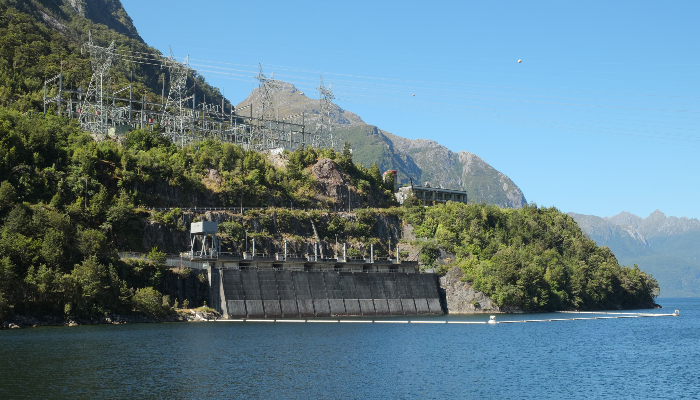
Image: Manapouri power station at Lake Manapouri in the afternoon by Pseudopanax on Wikimedia Commons.
Entry last updated: 10/07/25
Introduction
Renewable energy comes from natural sources such as the sun, wind and water. These sources are sustainable as there is no risk of them running out. Using renewable energy sources is an important way to help fight climate change, unlike fossil fuels like coal and petrol which are non-renewable and contribute to global warming. Renewable energy is also called alternative energy, or sustainable power.
Types of renewable energy
Here is a list of some of the main types of renewable energy.
Hydro energy: Produced when a dam is built across a river to produce electricity or hydro-electric power. It is one of the main forms of renewable energy that we use in New Zealand.
Geothermal energy: Comes from power plants that use the heat that comes from springs and vents in the earth to create electricity. This has been used in New Zealand since the 1950s.
Solar energy: Energy that comes from the sun. People harvest this using solar panels.
Wind energy: Comes from the wind and is harvested using wind farms. We have several wind farms in New Zealand.
Tidal energy: Comes from the movement of the waves in the ocean. Devices then capture this energy and turn it into electricity.
Biomass energy: Comes from firewood, or solid or liquid waste products, like sewage plants using methane to get energy.
General websites
The websites below will help you find information on renewable or alternative energy sources, and how these energies are collected and stored.
Britannica School is part of EPIC, a collection of reliable databases covering lots of different topics. It is put together especially for New Zealand school students and helps to answer questions on different types of renewable energy.
Choose either Primary or Middle level, then enter the words 'alternative energy', or search for a specific type of energy, like 'solar power'.
Select the articles called alternative energy and solar energy to get a good understanding of this topic.
If the article is too hard or too easy, you can change the Article Reading Level from the top of the page.
Tips: To use the EPIC resources, you need a password from your school librarian. Or chat with one of our AnyQuestions librarians to help you online. Some EPIC databases may also be available through your public library.
Tips: Search words, or keywords, are the most important words in our question. Usually it’s better to leave out small words like ‘the’, ‘a’ and ‘of’ and just choose the main ones, eg Solar energy. We can always change our keywords or add more if we need to.
This website has heaps of kid friendly videos selected by teaches and parents on science, art, technology and music.
Try a search for 'renewable energy' in the search feature and watch the video called Geothermal energy in Iceland.
Or search for 'wind energy' to view a cool video that answers the question How do wind turbines work?
Tips: Websites that have .com or .co in the address can have good information, but you need to assess how reliable it is. Check the About us link on the website, if you can find one. That can tell you what the company’s mission and values are.
New Zealand sites
These websites are the best place to find out about the best sources of renewable energy available in New Zealand and its impact on climate change.
This website links New Zealand scientists with school students and teachers. It uses a range of media to explain various science concepts.
Start typing in the words 'renewable energy' and select the link called Renewable energy sources from the results that come up in the search box.
This page has pictures, information and videos to explain renewable energy and its various sources.
Tips: Websites that have .org or .net in the address can have good information, but you need to assess how reliable it is. Check the About us link on the website, if you can find one. That can tell you what the organisation’s mission and values are.
Te Ara: The Encyclopedia of New Zealand
Te Ara is an excellent starting point for all questions about Aotearoa New Zealand. If we look down to the bottom of the page, we can see that the website belongs to the Ministry for Culture & Heritage, so the information is well-researched and reliable.
Go to Topics and choose Energy.
This will bring up a list of different energy topics.
Read Energy supply and use to find how New Zealand produces and uses its energy.
Next read the story on Hydroelectricity about the development of hydro power and its impact on the environment.
Choose Geothermal energy and Wind and solar power to find out about these renewable energy sources.
EECA (Energy Efficiency and Conservation Authority)
This is New Zealand's government agency that works to improve the energy efficiency of New Zealand homes and businesses, and is working hard to encourage New Zealanders to use renewable energy.
Go to the tab Insights.
Choose Energy's role in climate change to find out why we need to use renewable energy sources to help fight climate change.
Tips: Many web pages have links to further information or to other recommended sites. Following these links is a great way to find out more.
Books
Have a look for some of these books, or ask your school or local librarian to help you find more!
Using Renewable Energy by Nancy Dickman.
The Energy We Use by Georgia Amson-Bradshaw.
Renewable Energy by Harriet Brundle.
The Energy Journey series includes books about different types of energy including energy from the sun, rain and sound.
SCIS no. 5359768
Topics covered
Related content

Oil and gas (fossil fuels)
Where can I find information about oil and gas (fossil fuels)?
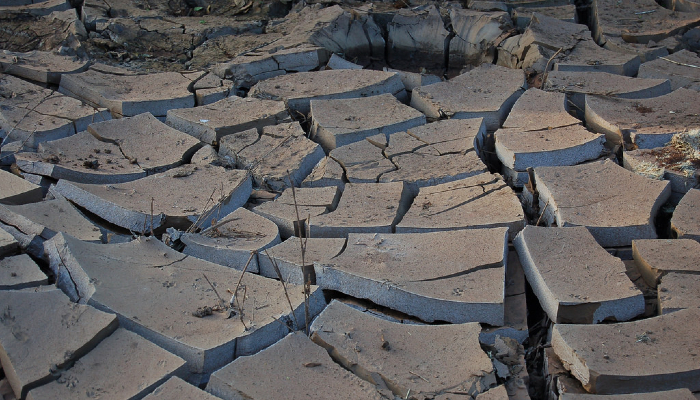
Climate change
Where can I find information about climate change?
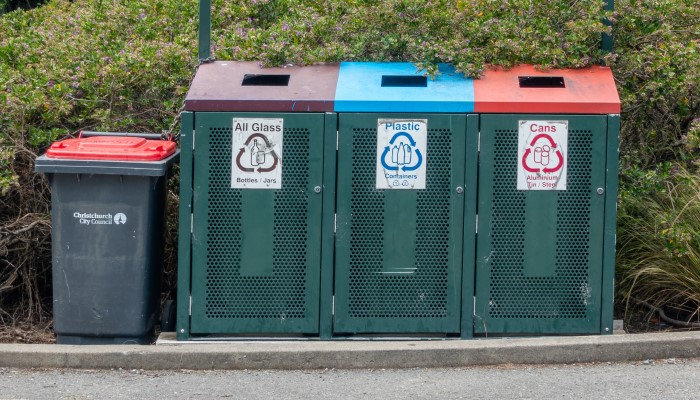
Recycling
Where can I find information and tips about recycling?
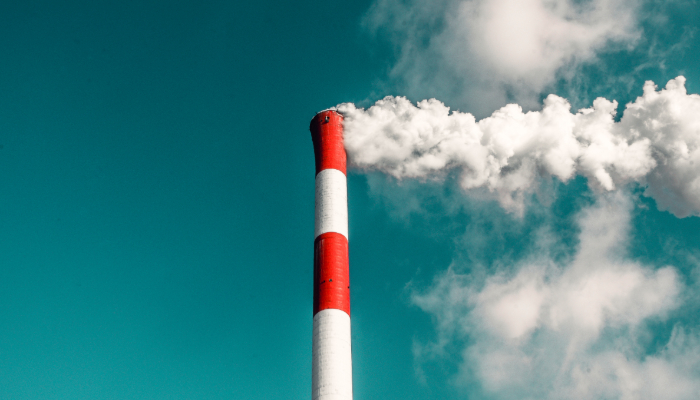
Pollution
Where can I find information about pollution?
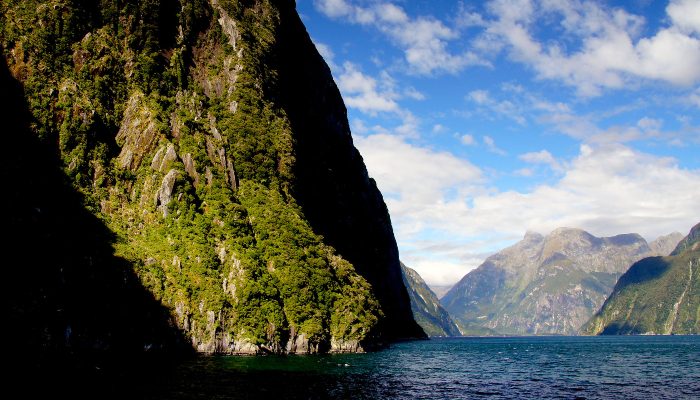
Conservation (NZ)
Where can I find information about conserving the natural environment in New Zealand?
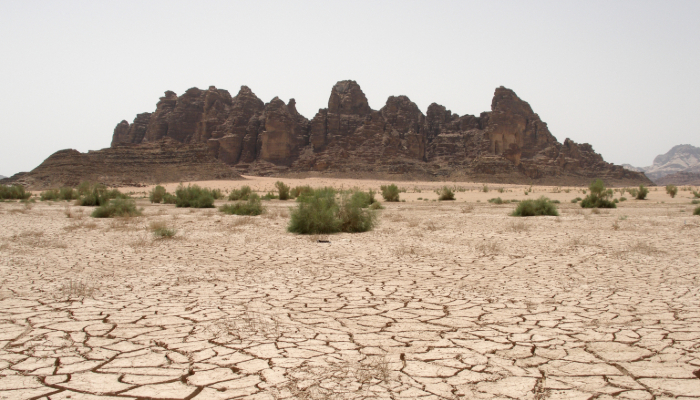
Global warming
Where can I find information about global warming?
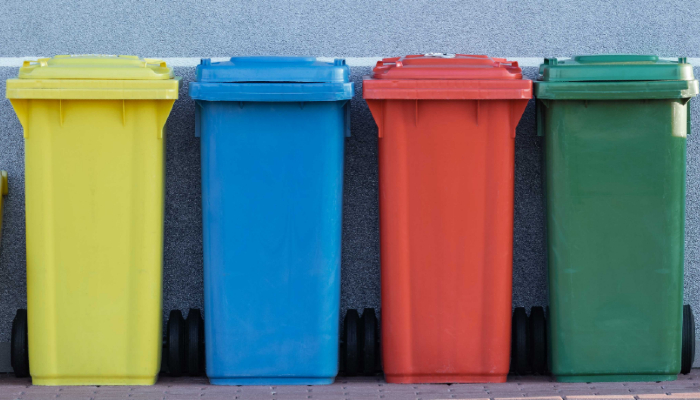
Recycling (junior)
Where can I find information about recycling?
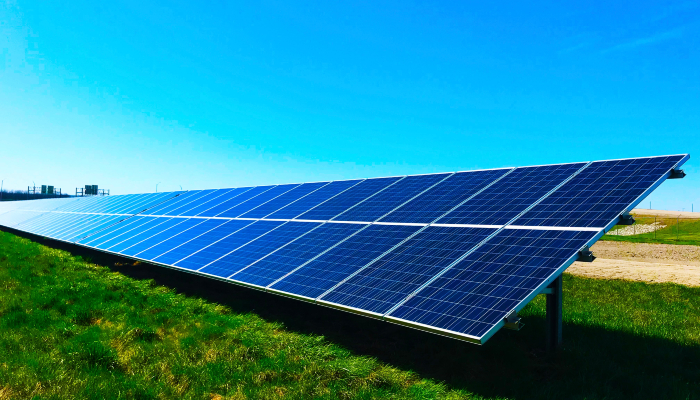
Sustainability (junior)
Where can I find information about sustainability?
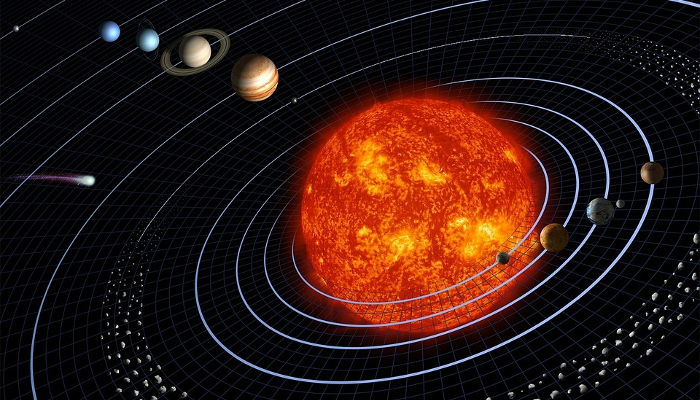
Sun (junior)
Where can I find information about the Sun?
